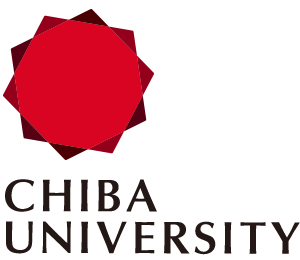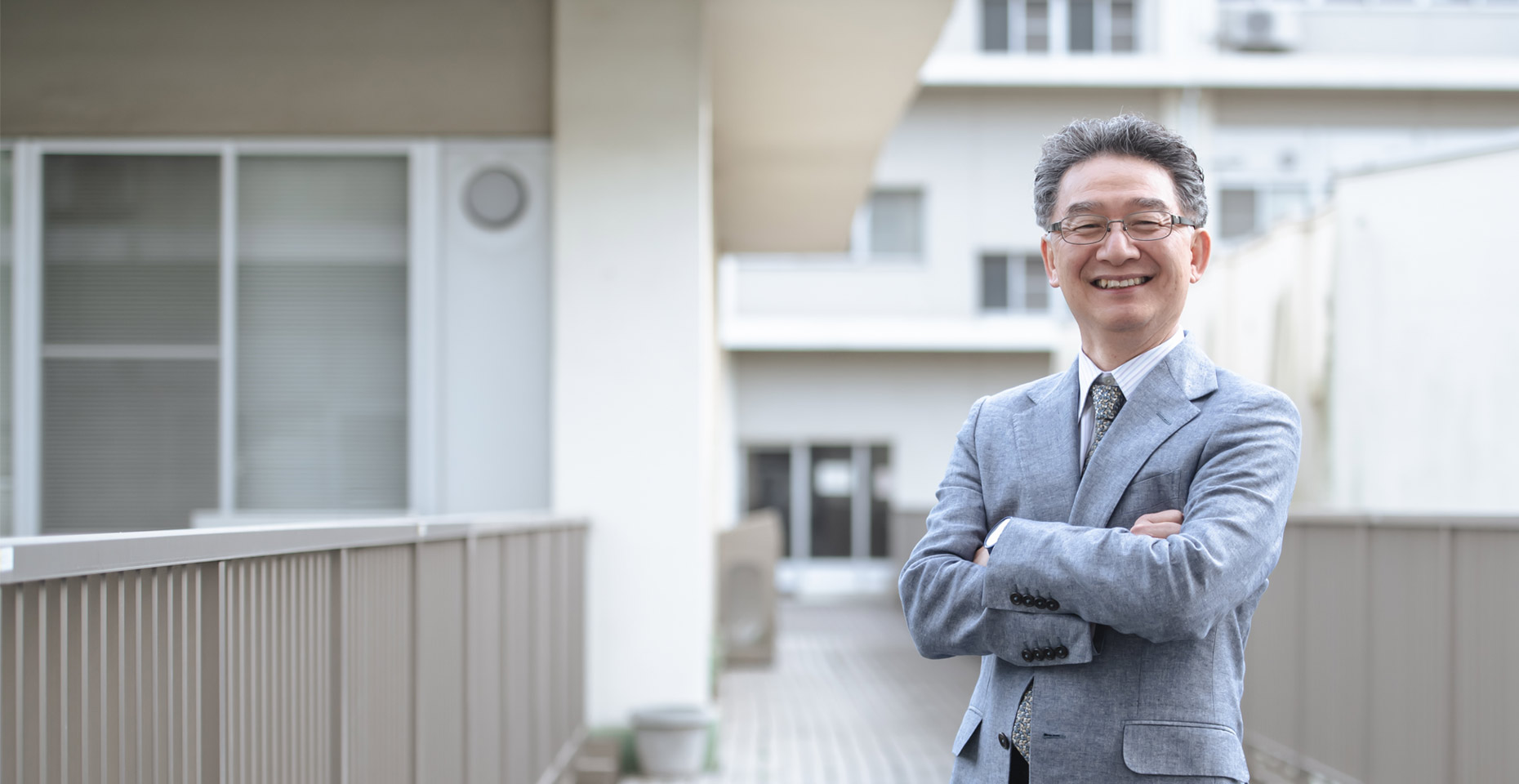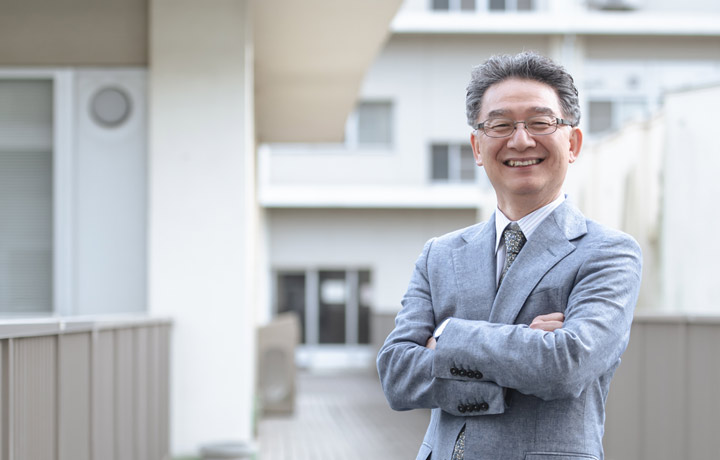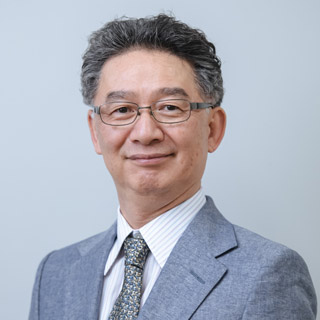In today’s school settings, where students with diverse backgrounds are no longer uncommon, the demands placed on teachers are undergoing significant changes. Additionally, with a predicted labor shortage of 11 million people in Japan by 2040, the integration of international talent is vital for the survival of Japanese society. In response to the urgent need to develop individuals who can embrace and appreciate diverse cultures, Chiba University’s Faculty of Education has implemented a “Twin College Envoys Program” for over a decade in ASEAN*, where Japanese students engage in science education. This program has achieved remarkable results. In this interview, we spoke with Professor Jun Nomura, the originator of this project, about the unique talent development program and Japan-ASEAN collaboration.
*Abbreviation of Association of Southeast Asian Nations. Currently. It aims to promote economic growth, social and cultural development, and political and economic stability within the region. Currently, it has ten member countries: Indonesia, Malaysia, the Philippines, Singapore, Thailand, Brunei, Vietnam, Laos, Myanmar, and Cambodia.
Sought-after education professionals in Japan’s school education settings amidst advancing internationalization
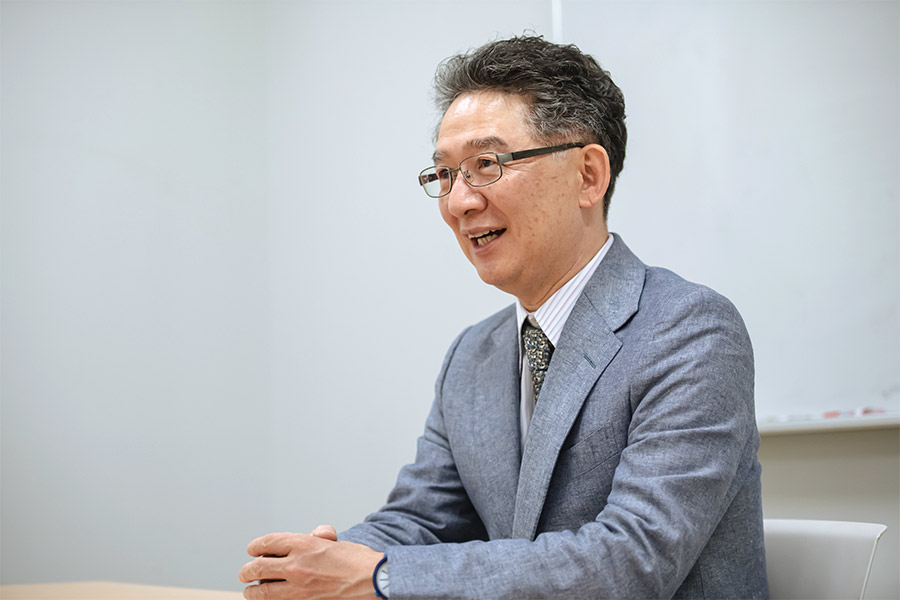
―There seems to be an increasing number of students with diverse backgrounds in elementary and junior high schools.
The number of foreigners residing in Japan is increasing yearly, and in 2022, approximately 2.3%* of the total population were foreigners. As schools become more internationalized, there is a need to shift away from the conventional teaching methods that only cater to Japanese students. In response to this trend, there is a growing need in the Faculty of Education to effectively cultivate a curriculum that can foster talents capable of multicultural classroom management.
*Based on the number of foreign residents at the end of June 2022 announced by the Immigration Services Agency, and the figures confirmed by the Statistics Bureau of the Ministry of Internal Affairs and Communications in October 2022.
―What is currently being demanded in the education setting?
In order to gain a deep understanding of students’ cultural backgrounds and facilitate comprehension of class materials for students who have not yet mastered Japanese, we have developed supplementary teaching materials and experiment kits that utilize visual explanations instead of words. We are seeking individuals who can use these teaching resources according to the student’s proficiency levels.
However, individuals who have grown up in Japan for a long time may not be aware of the difference between their “normal” and the “normal” of the world. Therefore, our group initiated the “Twin College Envoys Program (TWINCLE)” in 2012.
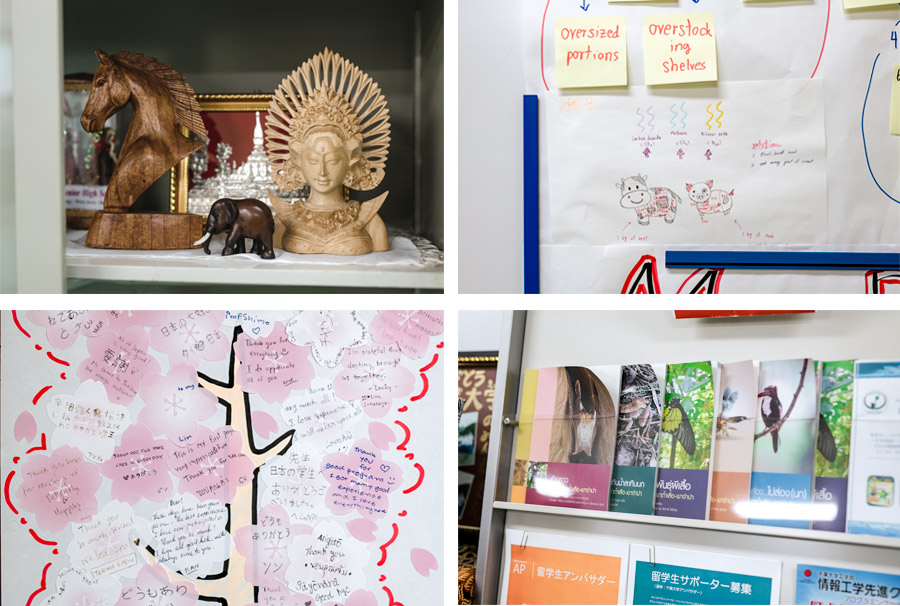
―Please tell us more about TWINCLE.
This study abroad internship program sends undergraduate and graduate students from Chiba University to high schools in ASEAN countries to conduct science classes in English. TWINCLE has two unique aspects. Firstly, it is a four-person team consisting of two undergraduates from the Faculty of Education and two students from the Graduate School of Science. The students develop teaching materials using the STEAM* method, which incorporates music, design, and other elements, based on world-class advanced scientific research within the specialized field of each science graduate student. Chiba University is home to numerous world-class research initiatives, and TWINCLE provides ASEAN high school students with an opportunity to engage with our cutting-edge research.
The second aspect is the immersion into ASEAN countries, where university and graduate students experience different cultures and teach as minorities. It’s a very challenging experience, but it fosters the determination to overcome difficult situations independently.
*STEM stands for Science, Technology, Engineering, Art, and Mathematics. It is an educational model that originated in the United States in the 2000s, aiming to develop individuals who can creatively solve various problems, create, and realize new value while acquiring knowledge and skills in science, technology, and mathematics.
―Why did you choose ASEAN as your partner?
Around 2012, when TWINCLE was launched, Japan’s global presence was gradually diminishing. However, many teaching personnel in ASEAN had connections with Japan through study abroad programs and other means. They held trust in Japanese science and technology and were familiar with Japanese culture. In the midst of concerns about a declining labor force due to the decreasing birthrate, there was a sense of mission to maintain the connection between the next generation and Japan in order to secure excellent talents in ASEAN.
In addition, despite the young average age and promising future potential of ASEAN countries, many schools lacked sufficient teaching materials and laboratory equipment. Some teachers even supported these needs with their own personal funds. TWINCLE was created by reaching out to such individuals.
Nurturing flexible communication skills
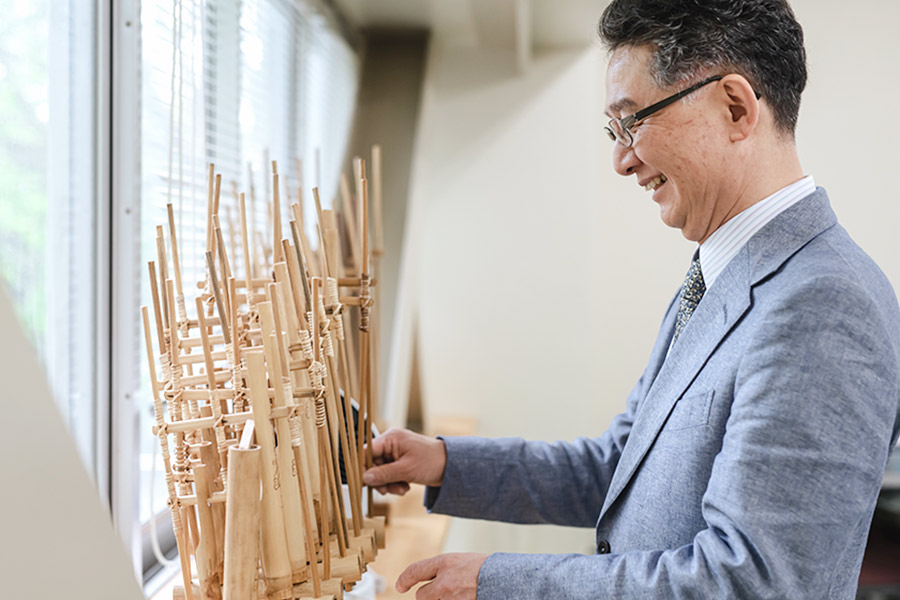
―The program involves not only undergraduate students in the Education department, but also graduate students in Science and Engineering
Some people actually said, “The participation of students from the Faculty of Education should be sufficient enough.” However, the purpose of TWINCLE is to develop communication skills.
In the development of teaching materials, graduate students in science are required to have the ability to explain the uniqueness and advanced nature of their research to other team members in an easily understandable manner. However, in Japan, there has been a longstanding separation between students in the science and humanities courses, resulting in a situation where even though they are both Japanese speakers, they find it difficult to understand each other. If miscommunication accumulates, it can lead to a deadlock in the development of teaching materials and hinder progress.
Not only in the field of education but in today’s world, where we have to collaborate with individuals with diverse cultural backgrounds, communication tailored to the other person is a fundamental and crucial skill everyone should acquire.
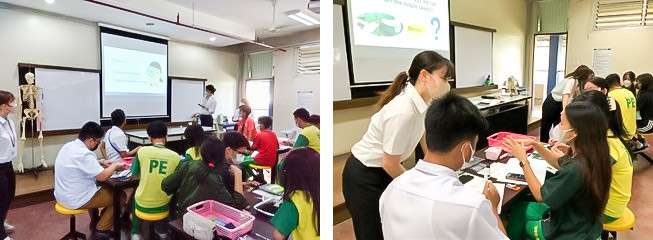
Students who were psychologically divided between science and humanities in Japan gradually came to realize their role as representatives of Japan when they visited schools in ASEAN. Initially, they face the reality of not being able to teach well, resulting in a lack of positive responses from the local high school students. However, through mutual efforts to bridge the gap and dedicated improvement, they mature and evolve as a truly unified team.
―I can imagine the enthusiasm of the students. Please provide more details about the specific theme and the process of developing teaching materials
Actually, we conducted the program in the Philippines this March. There was a team focusing on the theme of “soil biodiversity.” The first step was to observe the organisms inhabiting the soil and experience its rich diversity. On the other hand, it was important to understand the negative impact of plantation farming in the Philippines, which leads to deforestation and land degradation, resulting in a decline in biodiversity. To address this issue, the class focused on developing agroforestry*, which involves growing multiple crops while properly managing forests. This approach expanded the perspective from science to society, and from micro to macro levels, aligning with the interdisciplinary education promoted by the government.
*Agricultural Practice that emphasizes diversity by planting trees and cultivating crops in the spaces between them. It aims to effectively utilize the land for both forest protection and crop cultivation.
To ensure the engagement of students of hosting countries, it is crucial to incorporate familiar themes and appropriate levels in our teaching materials. As part of the curriculum development process in Japan, we actively involve international students who have come to Japan from the relevant countries. We seek their cooperation to review and revise the learning content, considering the cultural, religious, and taboo sensitivities. In addition to the input from international students, Chiba University students interact deeply with the people of the relevant countries both in Japan and during their visits abroad. This immersive experience fosters a deep understanding and respect for other cultures. We are proud to say that some of our students have participated in this program multiple times, attesting to the rich and transformative nature of their experience.

―What is your involvement in the program?
In the development process of teaching materials, my role is to make adjustments to the trajectory of the story assembly. I strongly believe it is more meaningful for students to engage in independent thinking and take proactive actions rather than being spoon-fed by the teacher.
Furthermore, despite thorough preparation, unexpected situations, such as an unnotified increase in the number of participants to experiment practices, may arise during the program. In such cases, I consciously avoid interfering more than necessary. While it may initially perplex our students, it allows them to develop their adaptability and resilience over time. I firmly believe that cultivating this flexibility is crucial, especially in an era of a multicultural society where diverse perspectives and challenges are encountered.
Aiming for the Establishment of a Science Education Hub in Asia
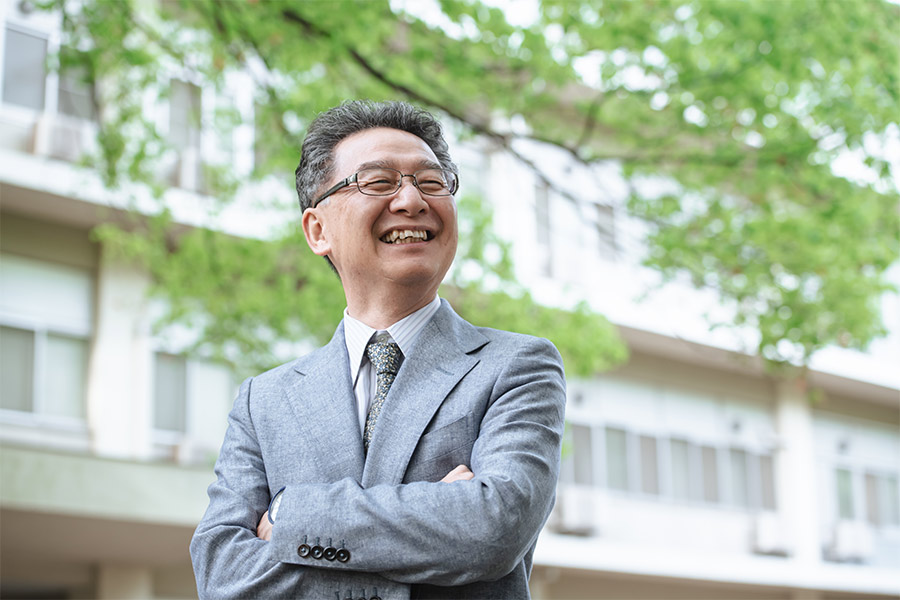
TWINCLE has gained high popularity every year, with word-of-mouth spreading among local teachers, leading to abundant offers. It has been implemented for 20,000 high school students in ASEAN, making a significant contribution to advancing science education in Asia. As a result of these remarkable achievements, Professor Nomura received the 2022 Awards for Science and Technology in the Public Understanding Promotion Category in the Commendation for Science and Technology by the Minister of Education, Culture, Sports, Science, and Technology.
Toward the end of the interview, we inquired about Professor Nomura’s outlook for the future of science education
If I were to choose a single talent that defines me, it would be my ‘ability to forge connections among seemingly unrelated elements.’ My goal is to create an environment where ideas and resources flow freely, and to connect with like-minded and empathetic individuals to establish a robust network. While the initial stages were undeniably challenging, I now hold a deep sense of accomplishment as our efforts have evolved into a comprehensive science education program that maximizes the full potential of Chiba University.
In 2018, we established the Asia & ASEAN Center for Educational Research with the primary goal of promoting teacher training and globalizing educators. We hold annual meetings in Chiba, which serve as a vital platform for ASEAN educators involved in TWINCLE to exchange cutting-edge insights on science education. Chiba’s strategic location, boasting Narita Airport as Japan’s gateway, adds to its exceptional appeal. In the future, our aspiration is for Chiba University to ascend as a prominent science education hub in Asia, emphasizing research, practical application, and the seamless facilitation of exchanges among students, educators, and researchers.
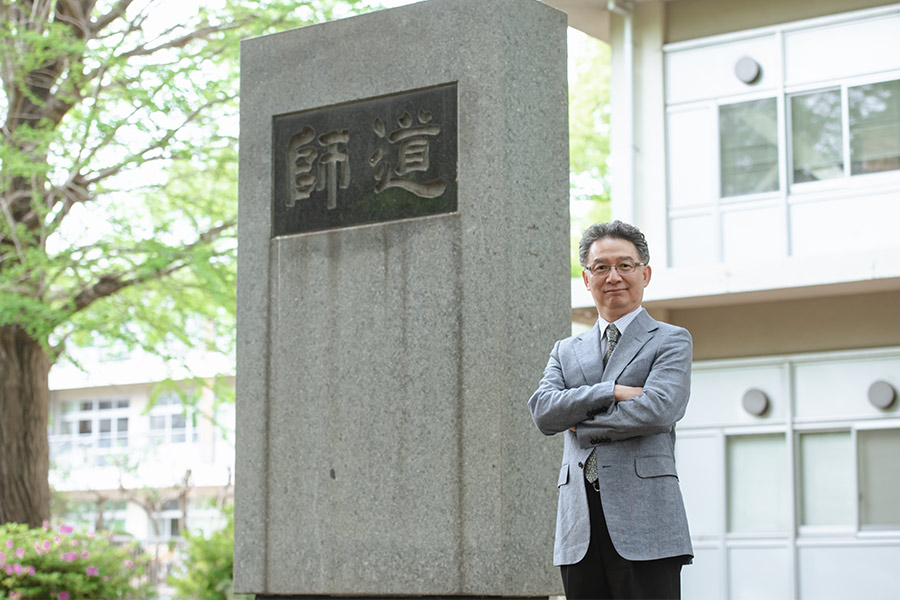
Series
Introducing Japanese Science Education to the World
Chiba University is advancing global talent development through programs like ‘Twinkle,’ where students deliver science education in English to high-school students in ASEAN countries.
-
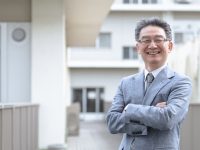
#1
2023.08.25
Nurturing Teaching Personnel for Multicultural Societies: High Schools-Universities-Graduate Schools’ Tripartite Collaboration to Develop Educational Programs in ASEAN Countries
-
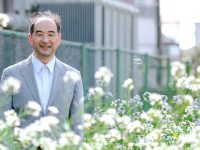
#2
2023.08.31
Viewing a Diverse World through the Lens of Agriculture and Food: Enriching Global SDGs Education with Insights from Extensive Overseas Field Research
-
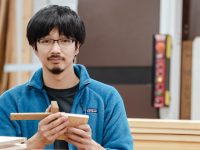
#3
2023.11.17
Reimagining the World with Tree Insights: Exploring Society through the Lens of Forests
-
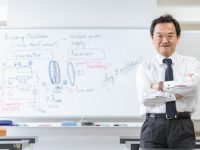
#4
2023.11.24
Bringing Japan’s renowned experiment-based science education to Southeast Asia: Developing sustainable physics teaching materials for the pursuit of a disparity-free society
Recommend
-
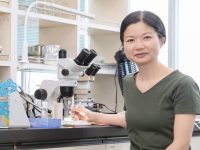
CUTICULA: A Secret of Unique Body Shape of Insects −Exploring the Sophisticated Mechanism Behind their Elongated and Round Bodies
2023.12.11
-
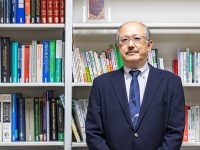
Affecting behavioral changes through a combination of mind and body: How can we calmly cope with stress in the event of a disaster?
2023.02.27
-
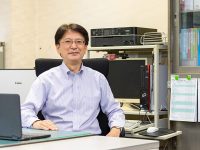
What is “Digital Citizenship” Education that lives in a future society?
2023.03.10
